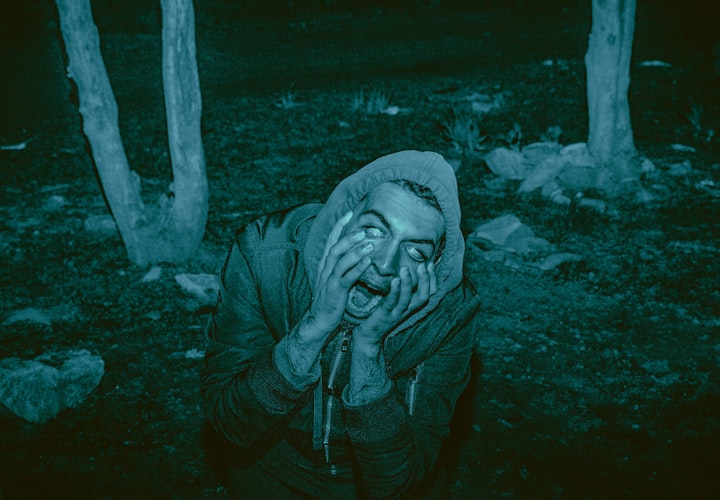
Night terrors, also known as sleep terrors, are a type of sleep disorder that can cause intense fear and distress during sleep. Unlike nightmares, which occur during REM sleep and are typically remembered upon waking, night terrors occur during non-REM sleep and are not usually recalled by the person experiencing them.
Delta Sleep - Sleep Aid For You.
Night terrors typically occur during the first few hours of sleep, during the deep, non-REM stages. They are most common in children between the ages of 3 and 12, although they can occur in adults as well. In children, night terrors typically peak between the ages of 4 and 6, and then gradually decrease in frequency and intensity as they get older.
The exact cause of night terrors is not fully understood, but they are thought to be related to over-arousal of the central nervous system during sleep. Factors that may contribute to night terrors include stress, anxiety, sleep deprivation, and certain medications or substances, such as alcohol or drugs.
During a night terror, the person may suddenly sit up in bed, scream or cry out, and appear to be in a state of extreme fear or panic. They may also exhibit physical symptoms, such as sweating, rapid heart rate, and rapid breathing. Despite appearing to be awake, the person is not fully conscious and is typically unresponsive to attempts to comfort them.
Night terrors can be very distressing for both the person experiencing them and their loved ones. However, they are generally not harmful and do not require treatment unless they occur frequently or interfere with the person's quality of life.
If night terrors are frequent or severe, a doctor may recommend a sleep study to rule out other sleep disorders or underlying medical conditions. In some cases, medication may be prescribed to help manage symptoms. However, in most cases, the best approach is to focus on improving sleep hygiene and reducing stress and anxiety.
Some tips for improving sleep hygiene and reducing the frequency of night terrors include:
Establishing a regular sleep routine and sticking to it as much as possible, even on weekends
Creating a relaxing sleep environment by keeping the bedroom cool, dark, and quiet
Avoiding stimulants such as caffeine, nicotine, and alcohol before bedtime
Practicing relaxation techniques such as deep breathing, meditation, or yoga before bedtime
Addressing any underlying stress or anxiety through therapy or other methods
In addition to these strategies, it can also be helpful to speak openly with loved ones about night terrors and to develop a plan for how to handle them when they occur. This may involve reassuring the person that they are safe, avoiding physical contact that could be interpreted as threatening, and waiting patiently for the episode to pass.
While night terrors can be frightening, it's important to remember that they are a relatively common sleep disorder and are not usually a cause for concern. By focusing on good sleep hygiene and reducing stress and anxiety, it's often possible to manage symptoms and improve the quality of sleep for those affected by night terrors.
Overall, night terrors are a relatively common sleep disorder that can be frightening for both the individual experiencing them and their loved ones. While the exact cause of night terrors is not fully understood, there are a number of factors that are believed to contribute to their occurrence. In most cases, treatment for night terrors is not necessary, although there are a number of steps that can be taken to help reduce the likelihood of experiencing night terrors. If an individual is experiencing frequent or severe night terrors, it is important to speak with a healthcare provider to rule out any underlying medical or mental health conditions.
About the Creator
dmohan kumar
I am a freelance article writer, sql developer from India. My hobby is to practice small programs, read, watch videos to learn more.
I was working in a Pharma company since past 5 years, before that I used to work in call centers for 2years.





Comments
There are no comments for this story
Be the first to respond and start the conversation.